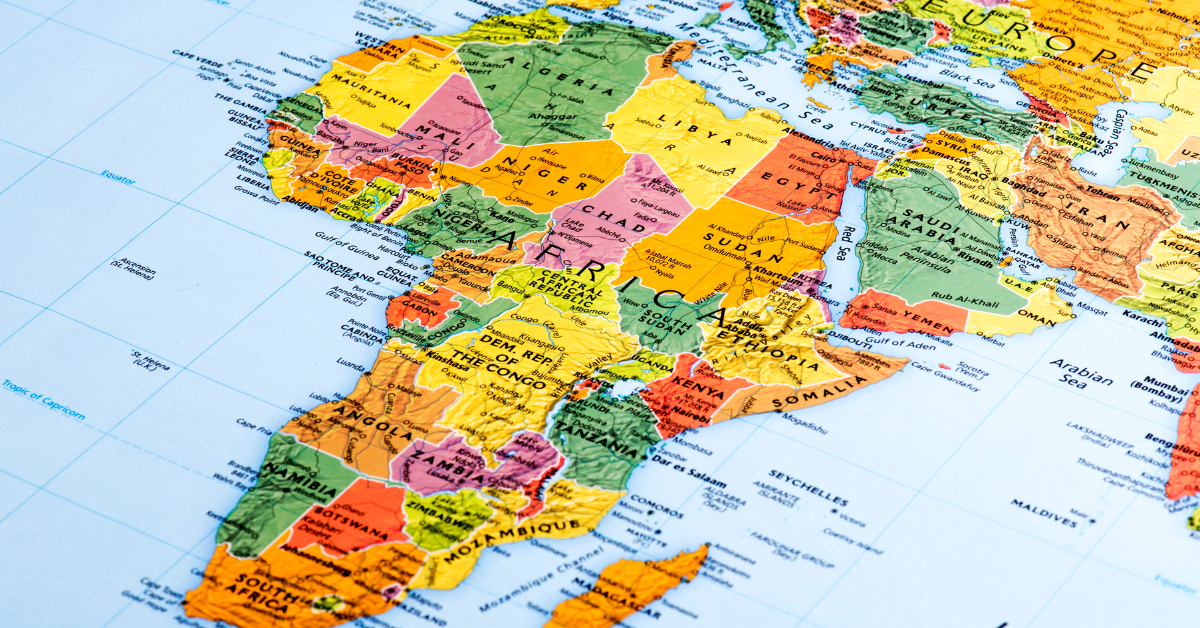TICAD is an international conference where Japan and Africa work together as partners to promote economic growth and social development. For Japanese companies, it also serves as an important gateway to expand business opportunities in Africa.
- What is TICAD? Its Significance and Role as an International Conference
- The Growth Potential of Africa and Opportunities for Japanese Companies
- Benefits of TICAD for Japanese Companies
- Challenges Facing Japanese Companies and Approaches to Overcome Them
- Regional Characteristics and Opportunities Across Africa
- Conclusion
What is TICAD? Its Significance and Role as an International Conference
TICAD (Tokyo International Conference on African Development) is an international conference launched by Japan in 1993. Co-hosted with the United Nations, the African Union, the World Bank, and UNDP, it functions as a comprehensive platform to discuss Africa’s development.
A defining feature of TICAD is its approach that respects African ownership in development. While traditional aid models often relied heavily on one-sided financial assistance, TICAD emphasizes African-led initiatives that Japan and the international community support. This ensures that Africa’s growth is not dependent on external actors but progresses through self-reliant strategies.
Another characteristic is the participation of not only policymakers but also businesses, research institutions, NGOs, and civil society. This multi-stakeholder framework allows development and business discussions to intersect.
Table 1: Overview of TICAD Conferences
| Edition | Year | Location | Main Theme |
|---|---|---|---|
| TICAD I | 1993 | Tokyo | A New Partnership for African Development |
| TICAD III | 2003 | Tokyo | Human Security, Infectious Disease Control |
| TICAD V | 2013 | Yokohama | Promotion of Private Investment, Sustainable Growth |
| TICAD VII | 2019 | Yokohama | Innovation, Social Inclusion |
| TICAD VIII | 2022 | Tunisia | Post-COVID Economic Recovery, Job Creation |
The Growth Potential of Africa and Opportunities for Japanese Companies
Africa is currently the fastest-growing region in the world in terms of population, projected to exceed 2.5 billion by 2050. With a large youth population and expanding middle class, Africa holds enormous potential as a consumer market. Urbanization is driving demand for housing, transportation, communications, and energy.
Table 2: Major Industries in Africa and Japanese Corporate Initiatives
| Industry | Local Needs | Example of Japanese Engagement |
|---|---|---|
| Infrastructure | Roads, electricity, water supply | Hitachi’s power systems |
| Healthcare | Infectious disease control, pharmaceuticals | Takeda’s vaccine distribution |
| Agriculture | Food production, farming equipment | Kubota’s agricultural machinery |
| ICT | Digital infrastructure | SoftBank’s telecom projects |
| Education | Remote learning, youth skills training | NEC’s ICT education programs |
These examples demonstrate that Africa’s challenges also present business opportunities, and Japanese technology and products are well-positioned to play a crucial role.
Benefits of TICAD for Japanese Companies
TICAD is more than a diplomatic event—it provides a platform for Japanese companies to build networks and explore new markets in Africa. Business forums and exhibitions held during TICAD enable direct interaction between companies, governments, and local enterprises, creating valuable commercial opportunities.
In addition, the Japanese government supports business expansion through ODA, yen loans, and trade insurance. These measures reduce investment risks, making it easier even for small and medium-sized enterprises to enter African markets.
Table 3: Advantages TICAD Offers to Businesses
| Category | Details |
|---|---|
| Government Support | ODA, yen loans, trade insurance |
| Business Forums | Public-private networking and deal-making opportunities |
| Market Intelligence | JETRO and JICA market research |
| Trust Building | Direct dialogue with African leaders |
Challenges Facing Japanese Companies and Approaches to Overcome Them
Entering the African market also entails complex challenges. Legal frameworks in many countries remain underdeveloped, while political instability, security concerns, linguistic diversity, and cultural differences may hinder operations.
Table 4: Challenges and Countermeasures for Japanese Companies
| Challenge | Solution |
|---|---|
| Legal/Contract Risks | Pre-entry due diligence and local legal support |
| Political/Security Risks | Close coordination with governments and international bodies |
| Language & Cultural Barriers | Hiring and training local staff |
| Financial Risks | Use of trade insurance and government guarantees |
Furthermore, Japanese firms that invest in local talent development and job creation not only gain business advantages but also earn long-term trust from local communities.
Regional Characteristics and Opportunities Across Africa
Africa is diverse, and each region has unique characteristics. North Africa is rich in energy resources, East Africa serves as a logistics hub, West Africa has a rapidly growing youth population, and Southern Africa is advancing industrialization.
Table 5: Market Characteristics by African Region
| Region | Characteristics | Key Opportunities |
|---|---|---|
| North Africa | Rich in oil and natural gas | Energy development |
| East Africa | Kenya, Tanzania as logistics hubs | Port development, transport |
| West Africa | Rapidly growing young population | Consumer goods, education |
| Southern Africa | Industrializing around South Africa | Automotive, mining |
Conclusion
TICAD is a framework for Japan and Africa to collaborate as equal partners in shaping the future, and for Japanese companies, it represents an exceptional gateway into emerging markets. While challenges remain, they are matched by immense opportunities.
By leveraging their technological excellence and trusted business culture, Japanese companies can make meaningful contributions to solving Africa’s challenges. In doing so, they not only achieve commercial success but also strengthen Japan’s presence on the global stage.






